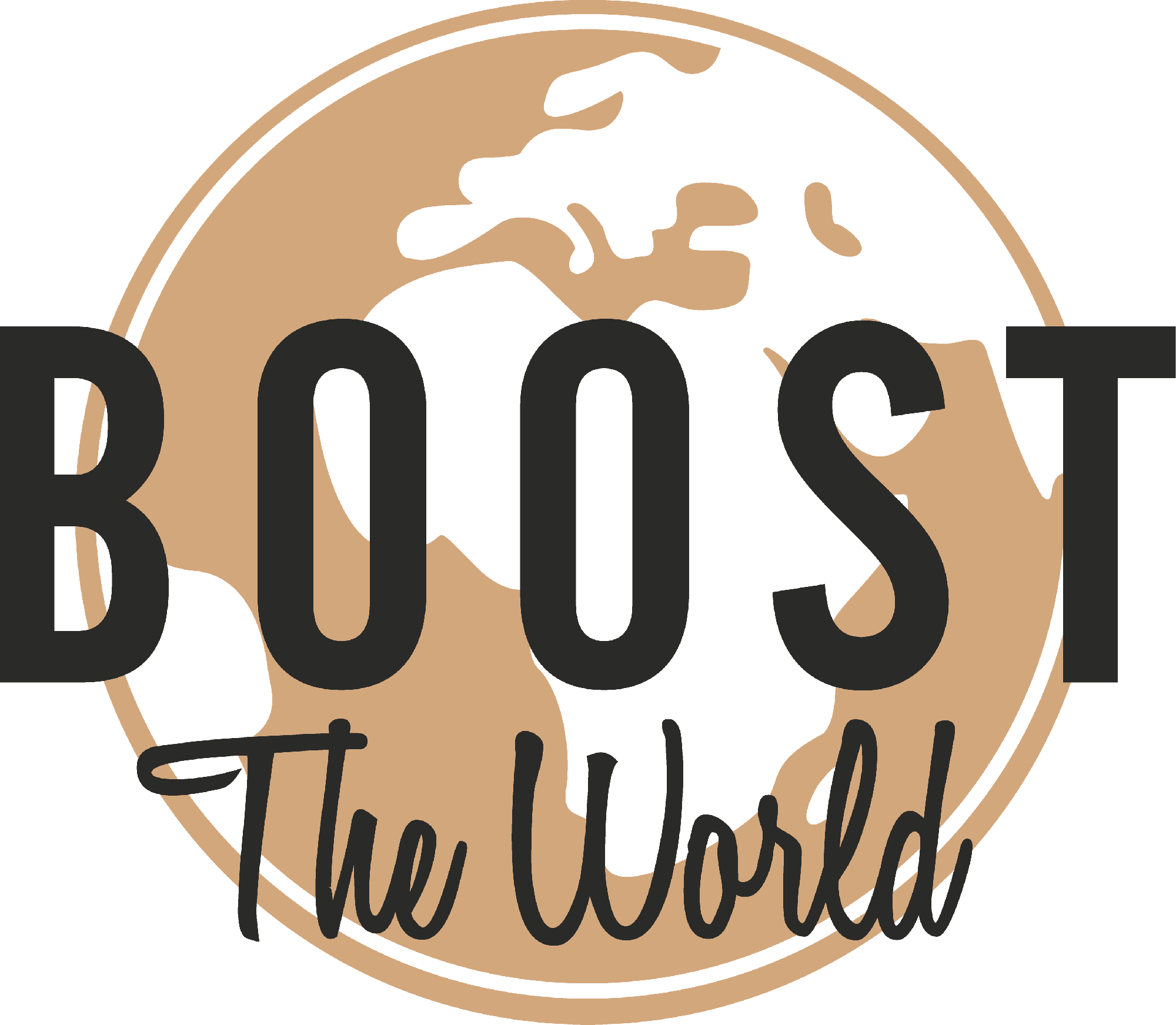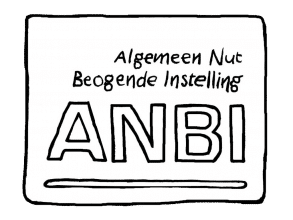Insurance Chatbot Examples: 5 Innovative Use Cases
Yet when designed with emotional intelligence, it can transform processes, making you (and your company) wildly successful. For insurance executives, customer care teams and data scientists here are 3 pillars to consider when designing a successful chatbot. ChatGPT uses advanced natural language processing techniques to better understand and respond to human language. It has been trained on vast amounts of text data from the internet, allowing it to generate responses that are more natural-sounding and accurate. The first step towards implementing conversational AI systems often turns out to be a Proof of Concept. But this stage is relatively easy and can often be accomplished by an in-house team of developers, using an off-the-shelf framework.
If the need for more help is made outside of business hours, the bot will arrange a callback. It was created to help customers get the right level of cover and price by interpreting quote details and making personalized recommendations. It does this by directing users to the appropriate page location and letting them interact with the buttons to make necessary changes. Chatbots can also help streamline insurance processes and improve efficiency. This is especially important for smaller companies that may not be able to afford to hire and train a large number of employees. While insurance is something that customers need to buy, it isn’t necessarily something they want to buy.
Seamless Generation Of Quotations And Hassle-Free Sale Of Products And Services
This frees personnel to focus on more complex or higher-value tasks, improving operational efficiency and cost savings. Let’s dive into the world of insurance chatbots, examining their growing role in redefining the industry and the unparalleled benefits they bring. Smart, intellect-powered chatbots are a resource-consuming technology. Therefore, developers need to plan for potential growth in traffic and data processing loads when choosing technologies and environments for a future chatbot. By using chatbots to streamline insurance conversations, your company can elevate and optimize processes across the entire insurance business.
- TMUDFD’s Conversational AI Chatbots are intelligent; NLU and NLP are used to analyze your visitors’ concerns and instantly deliver the best response.
- On the home page of the Swiss Helvetia insurance company, potential or existing customers are greeted by chatbot Clara, who asks how she can help them.
- If you think yours could be next, book a demo with us today to find out more.
- The latest insurance chatbot use case you can implement is fraud detection.
While great strides have been made in this space to become digital-first, there’s more work to be done. A. The insurance chatbot market is projected to reach $4.45 billion by 2032. A. The insurance chatbot market is estimated to grow at a CAGR of 25.6% from 2023 to 2032. The insurance chatbot market is segmented into Type and User Interface. The global insurance chatbot market was valued at $467.4 million in 2022, and is projected to reach $4.5 billion by 2032, growing at a CAGR of 25.6% from 2023 to 2032. Thanks to conversational AI for insurance, insurers can now simplify the claims process through easy claim filing, effortless document submission, instant confirmation of claim status, and regular updates.
Selection of policy
This is most effective for simpler plans like travel insurance and auto insurance where an embedded chatbot can take a customer through the entire insurance purchase journey themselves. Rule-based chatbots are easier to train and integrate well with legacy systems. Digital marketing has made it possible to reach consumers through a variety of channels. What happens though if a potential customer’s query on any of these channels goes unanswered? The probability is that they will go searching elsewhere to get the information they need. This is why, as part of an overall digital transformation, insurance carriers are leveraging chatbots in their multichannel interfaces.
As consumers now have the ease of quick access to information, the insurance industry will need to look for ways to overhaul its processes to ameliorate the relationship between policyholder and provider. A lack of trust isn’t the only reason why insurance companies have a hard time selling their products. Millennials in particular have been found to buy insurance less often than their predecessors, and that’s mostly because they don’t know enough about it. As soon as there is a change in the status of a claim, chatbots can proactively reach out to policyholders to keep them informed throughout the process.
What Is An Insurance Chatbot?
Every time a customer needs help, they turn to Sensely’s virtual assistant. This is one of the best examples of an insurance chatbot powered by artificial intelligence. The most obvious use case for a chatbot is handling frequently asked questions. A virtual assistant answers prospects’ and customers’ questions, triggers troubleshooting scenarios, and collects data for human agents to resolve complex issues.
Read more about https://www.metadialog.com/ here.


